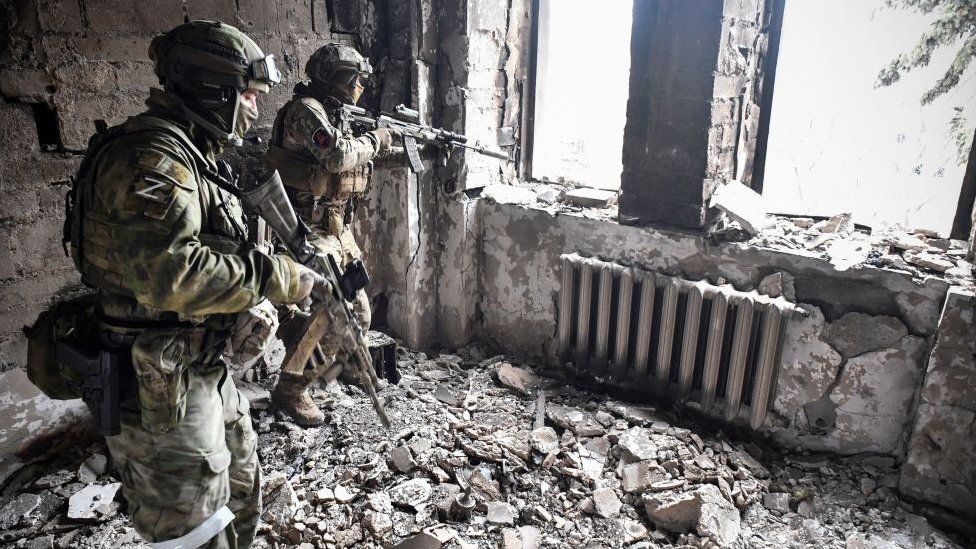If called up, Unilever has stated that it will permit its workers from Russia to be conscripted and sent to Ukraine.
The multinational consumer goods company, which employs about 3,000 people in Russia, has safety and well-being policies in place.
However, it stated that it would adhere to Russian conscription law in a letter to the advocacy group B4Ukraine.
Unilever has faced pressure to leave Russia, but claims that things are "not simple.".
Unilever said in a letter to B4Ukraine that it "absolutely condemns the war in Ukraine as a brutal, senseless act by the Russian state" and calls on businesses to stop doing business in Russia.
It added that it had "global principles including the safety and well-being of our employees" and that it was responsible for its 3,000 employees.
The British company, which produces Marmite and Cornetto ice cream, nonetheless claimed to be "aware of the law requiring any company operating in Russia to permit the conscription of employees should they be called.".
Chief Business Operations and Supply Chain Officer for Unilever Reginaldo Ecclissato stated, "We always comply with all laws of the countries we operate in.
A company representative would not confirm whether any Russian employees had been called up.
The spokesperson added that any who are will no longer receive compensation from the company.
It claimed in its letter that it had paid the Russian government 3.8 billion roubles (£33 million; $36 million) in taxes in 2022, which was about the same as the year before.
Although it still provides ice cream, the company's personal care and hygiene products account for the majority of its sales in Russia.
According to research by the BBC's Russian service and the Russian website Mediazona, at least 25,000 Russians have died in the conflict, but other sources place the death toll much higher.
According to estimates made in February by UK intelligence services, 40,000 to 60,000 Russian soldiers had perished.
The UN has also charged Russian soldiers with war crimes, including rapes, "widespread" torture, and murders.
Since Russia's invasion of Ukraine, Unilever and other Western companies have come under pressure to leave the country.
Unilever has acknowledged that this is "not straightforward," though. If it stopped operating, the Russian government would "appropriate and then operate" them.
It hasn't been able to find a way to sell the company that "prevents the Russian state from possibly reaping additional benefits and protects our people.".
It claimed that there were currently no "desirable" options, but that carrying on with "strict constraints" was the best course of action.
Unilever's response, according to the Ukraine Solidarity Project, a division of B4Ukraine, was "jaw-dropping.".
"One moment you're making ice cream, the next you're getting ready for battle. You cannot claim that Unilever does not provide its employees with a variety of work experiences, according to activist Valeriia Voshchevska.
"I'd hate to see what putting your employees in danger looks like if this is meant to protect them.
. "







